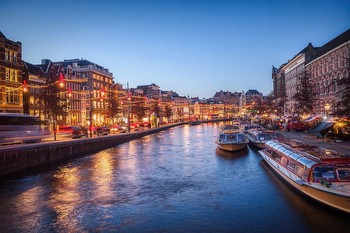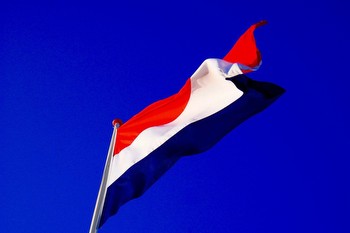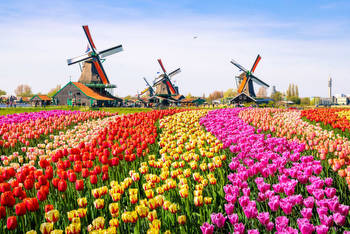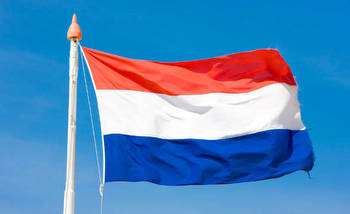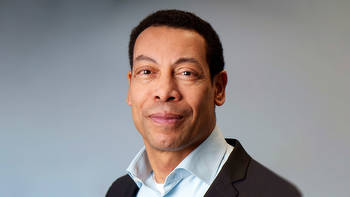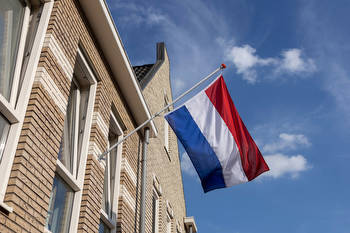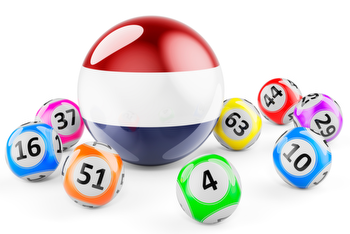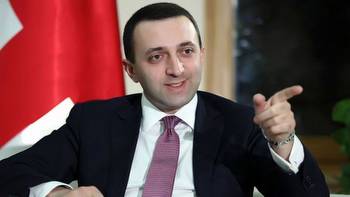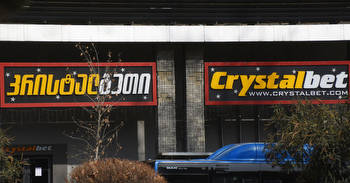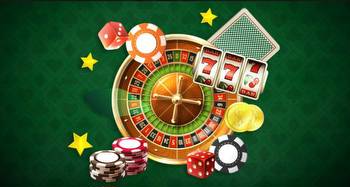Cabinet could force limits on gambling adverts

Minister Franc Weerwind for Legal Protection is working on legislation to limit advertisements for online gambling, which became legal in the Netherlands in October last year. Pending that legislation, Weerwind made agreements with the gambling industry about how and to whom they advertise. The restrictions will not apply to online advertisements but focus more on the flood of television ads that arose in the past months, Financieele Dagblad reports.
The wave of gambling advertisements since online gambling became legal raised concerns among the Christian parties and SP in parliament. They worry that the many advertisements won't only have the intended effect of leading people to the legal market but also cause an increase in gambling addiction. Parliament has twice adopted a motion by SP parliamentarian Michiel van Nispen, calling for a ban on gambling advertisements by April 1.
A legal advertising ban takes time - such legislative amendments can easily take two years - and won't be possible by April 1, Weerwind said in an interview with FD. But at the same time, a Minister can't ignore motions from parliament without consequence. So Weewind sent a letter to the Tweede Kamer, the lower house of Dutch parliament, announcing that he is working on a legal ban on untargeted gambling advertisements - advertisements for which it isn't clear whether they're aimed at adults or young people.
And while that legislation is pending, Weerwind made agreements with the gambling companies to further restrict themselves. The Minister also wants to ban the use of role models, like former football players.
Weerwind acknowledged that he was taking measures very soon after the law allowing online gambling took effect. "But there is a clear call from the Tweede Kamer to move. I've also been in talks with addiction treatment centers. They have told me that the sheer volume of gambling advertisements leads to unrest among recovering addicts and problematic gambling among people who identify with the role models appearing in the ads," he said to the newspaper. "That was a reason for me not to wait."
The Minister stressed that it was too early to say whether gambling advertisements sparked an increase in gambling addiction. "But there are signals from addiction experts and social outrage, and I won't ignore them."
According to Weerwind, the gambling sector also recognizes the problem and responds well to limiting itself. Last month, the sector agreed to limit the number of betting advertisements per commercial block to one. "Now they are introducing additional measures like stopping radio commercials, outdoor advertising, print media advertising, and further limiting the times when TV commercials are broadcast," Weerwind said.








